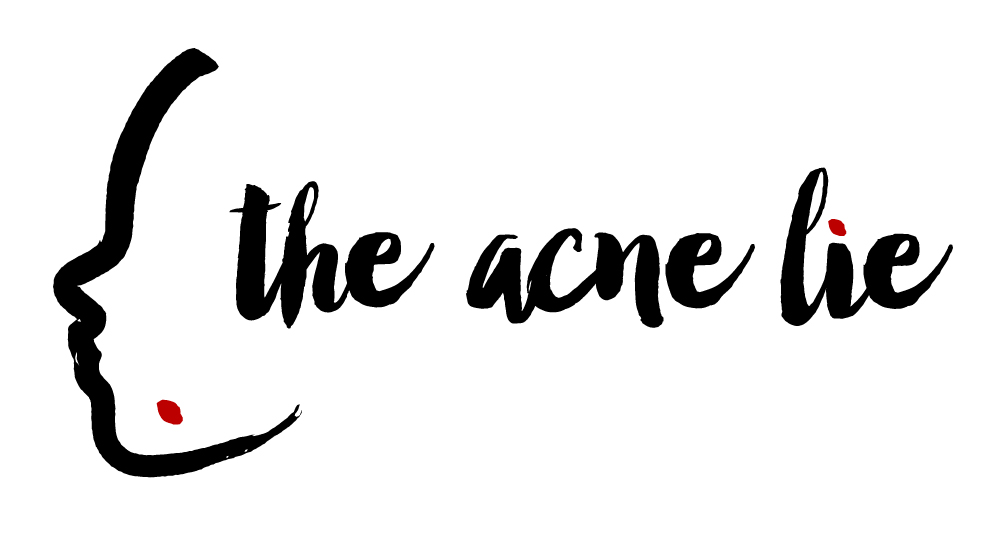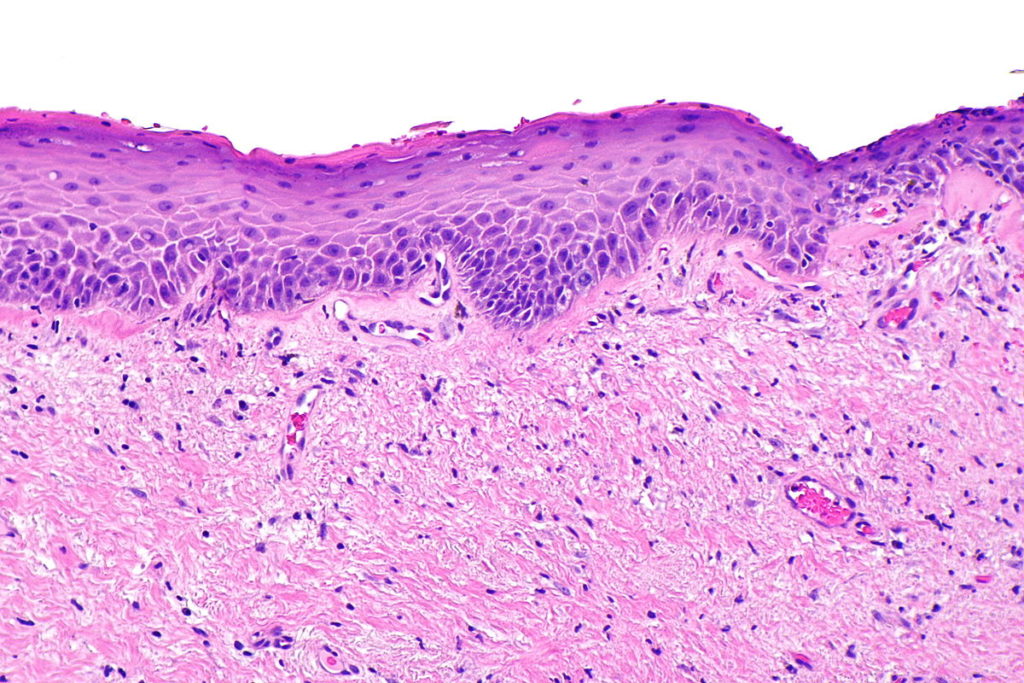Some of my favorite people in the world deal with Psoriasis. It can be hard to deal with emotionally and I believe that there has to be more to it than it simply being an “unexplainable skin disease” that strikes whenever it so desires. So, today I’m digging into the matter itself. Let’s start here:
What is Psoriasis?
Psoriasis is a skin condition that manifests as raised red scaly patches. The scaly rash often itches or burns. Both genetics and the body’s immune system play a part in the development of psoriasis. [1]
Because of this, psoriasis is not a contagious disease that you can “catch.” It often develops in the teenage years or twenties and thirties, but people of any age can develop psoriasis. Since it’s not a disease that you can catch, it usually manifests due to certain environmental or internal triggers. Stress, skin injury, infection that affects the immune system, and some types of medication are some of the common triggers that can cause a psoriasis flare-up. [2]
Not a Skin Disease
Even though psoriasis manifests as a scaly or red rash on the skin, it’s really an autoimmune condition. It is often linked to other, more serious medical conditions like kidney disease, Crohn’s disease, cardiovascular disease, depression, and more. If you believe you have psoriasis, get tested by a medical professional and make sure you follow recommended treatments if needed. [3]
Natural Treatments for Psoriasis
After you’ve been to your doctor to confirm your psoriasis diagnosis and other potential health concerns, you’re probably now looking for ways to treat your symptoms and manage your condition. There is no known “cure” for the various types of psoriasis, but there are many ways in addition to medications to manage symptoms and flare-ups.
Here are a few tips that may help you in treating your psoriasis symptoms:
- Lose weight. Obesity is one of the possible triggers of psoriasis. Also, obesity can contribute to other health issues. Extra body fat can be inflammatory, and systemic inflammation can contribute to diseases like psoriasis. [4]
- Herbal remedies. Aloe Vera, Apple Cider Vinegar, Oats, Turmeric, Tea Tree Oil, and Dead Sea Salts are some of the natural, topical treatments that many people use on their skin to manage their psoriasis. An important thing to remember with any kind of treatment applied to the skin is to make sure your skin stays moisturized during or after treatment. And as always, talk to your doctor before beginning an at-home treatment with herbal or other natural remedies. [5]
- Reduce stress. We all have stressors in our everyday lives, but for people with inflammatory conditions like psoriasis, stress can lead to a flare-up of symptoms. Figure out what works for you to manage your stress, whether it’s doing yoga, getting more sleep, or talking over your troubles with a good friend or a therapist. [6]
- Light therapy. Ultraviolet light (both UVA and UVB) have been shown to be effective at reducing psoriasis. It’s not an instant remedy – patients usually need about 20 sessions of treatment before they begin to see results, whether it’s at a light booth at a doctor’s office, or at home with an ultraviolet lamp. [7] Good old fashioned sunlight works well, too, as a treatment – just be sure to limit your exposure and to use a sunscreen. It should be noted that tanning beds are not considered a safe or effective treatment for psoriasis, as they produce light at many different wavelengths, some of which can be damaging. [8]
Conclusion
Living with psoriasis doesn’t have to be debilitating. Talk to your doctor, try natural remedies to manage your symptoms, and stay positive!
References:
1. https://www.psoriasis.org/about-psoriasis
2. https://www.psoriasis.org/about-psoriasis/causes
3. https://www.psoriasis.org/about-psoriasis/related-conditions
4. https://www.psoriasis.org/about-psoriasis/treatments/alternative/diet-supplements#weightloss
5. https://www.psoriasis.org/treating-psoriasis/complementary-and-alternative/herbal-remedies
6. http://www.healthline.com/health/psoriasis/causes#prevention4
8. http://www.health.com/health/condition-article/0,,20279937,00.html
*image from this source.

